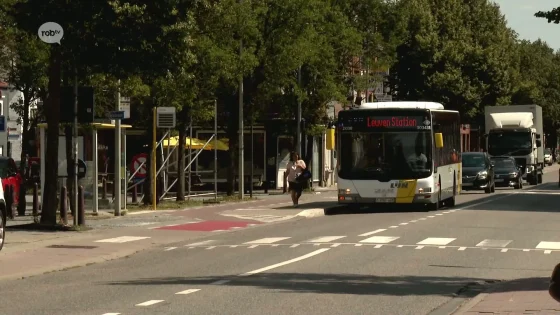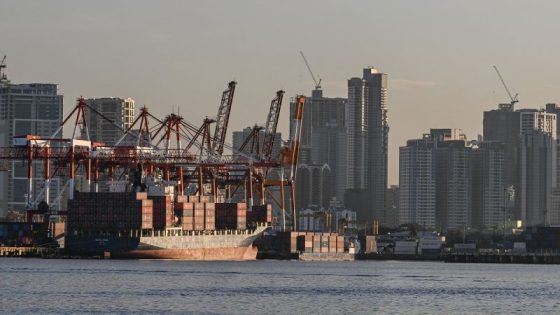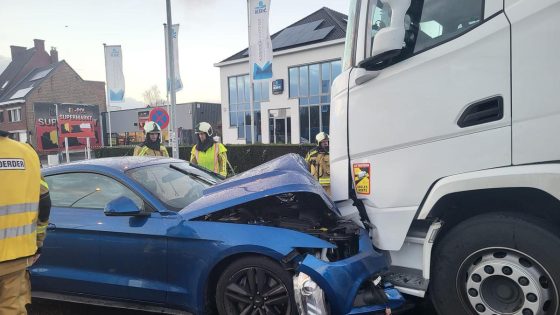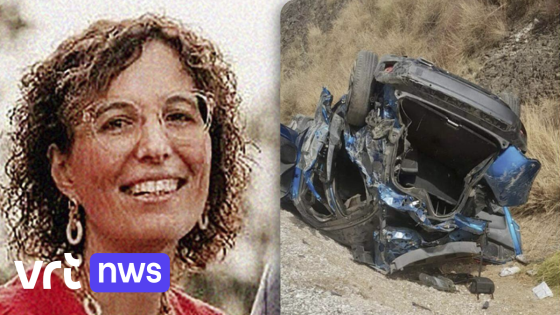The Agentschap Wegen en Verkeer is set to install extra bus lanes on the busy Dietsesteenweg between Tielt-Winge and Leuven, aiming to improve traffic flow on this key route. Starting in 2025, these changes will also affect parking availability, especially in Kessel-Lo, where roadside parking spaces will be removed to make way for the new bus lanes.
- Agentschap Wegen en Verkeer legt extra busstroken aan
- Parkeerplaatsen verdwijnen langs Dietsesteenweg in Kessel-Lo
- Stad bouwt nieuwe parkeergarage onder Blauwputplein
- N-VA vraagt bewonerskaarttoegang in nieuwe parking
- N-VA wil shop-en-go-plaatsen op Dietsesteenweg
- N-VA pleit voor alternatieve in- en uitritroutes
While the city plans to compensate for lost parking with a new underground garage at Blauwputplein, questions remain about access for local residents and businesses. Opposition party N-VA has raised concerns about the lack of clarity regarding residents’ parking permits and the need for shop-and-go spaces along the Dietsesteenweg. How will these changes impact daily commuters and local shoppers?
With the project timeline extending over several years, and detailed plans still under study as of 2025-08-07 18:30:00, the debate continues on the best way to balance efficient public transport with the needs of residents and traders. This leads US to the key takeaway for Leuven’s community.
Will the new bus lanes truly ease congestion without unduly burdening local drivers and businesses? The concerns raised highlight several important factors to consider:
- Residents need guaranteed access to parking with their permits in the new garage.
- Shop-and-go parking spaces are essential to support local commerce on Dietsesteenweg.
- Traffic impact on side streets like Werkhuizenstraat must be minimized to avoid worsening congestion.
- Ongoing consultations and studies are crucial to refine the plans before construction begins.
As these plans evolve, Leuven’s residents and businesses should stay engaged and voice their needs to ensure that public transport improvements benefit all stakeholders fairly. Could better dialogue lead to solutions that satisfy both commuters and local neighbourhoods?

































